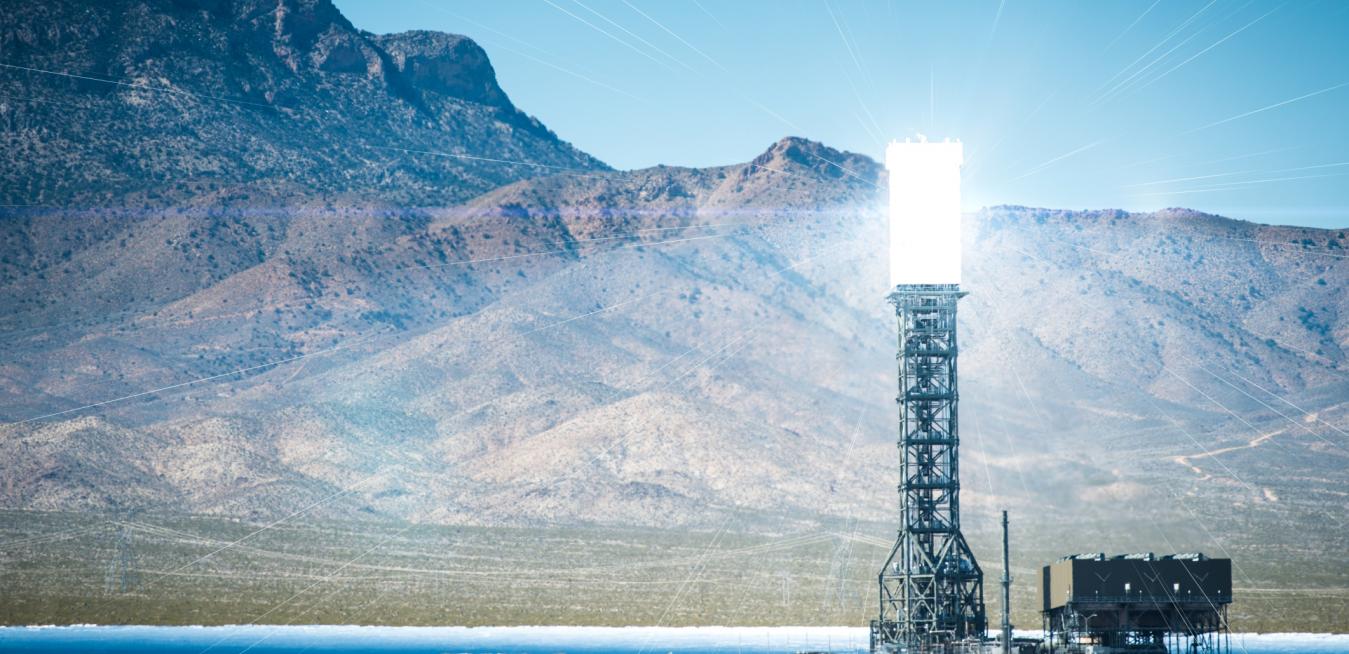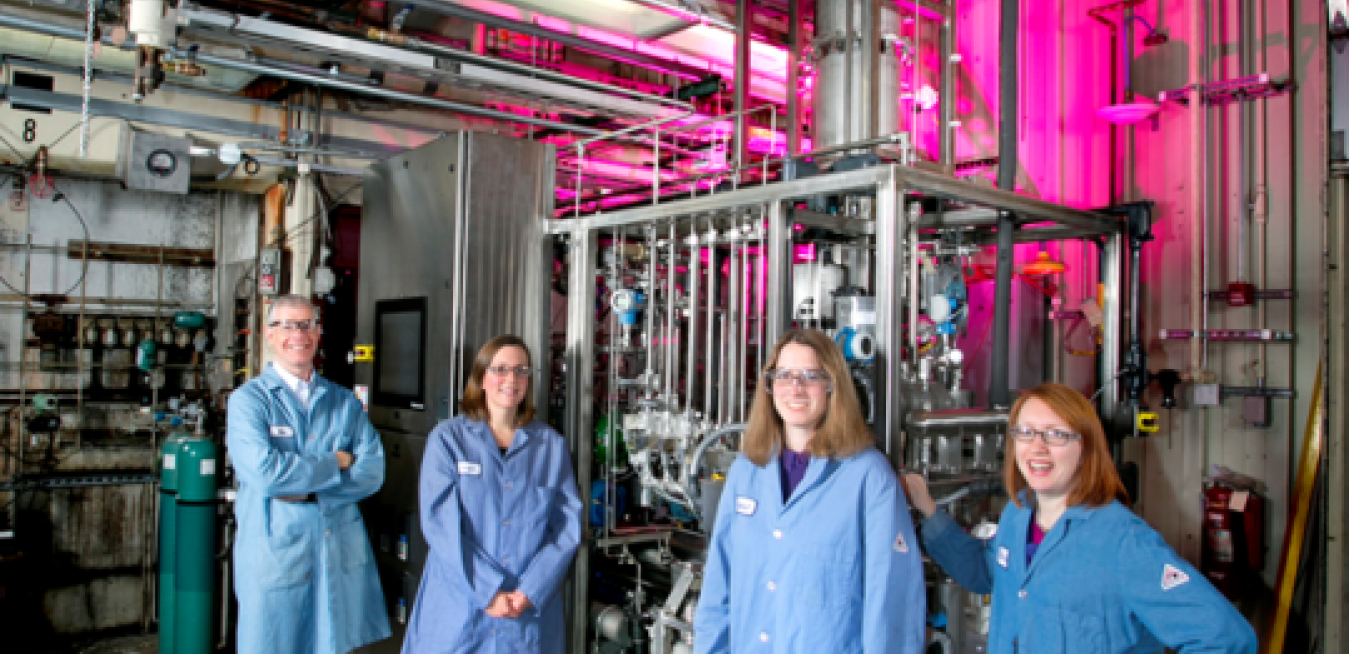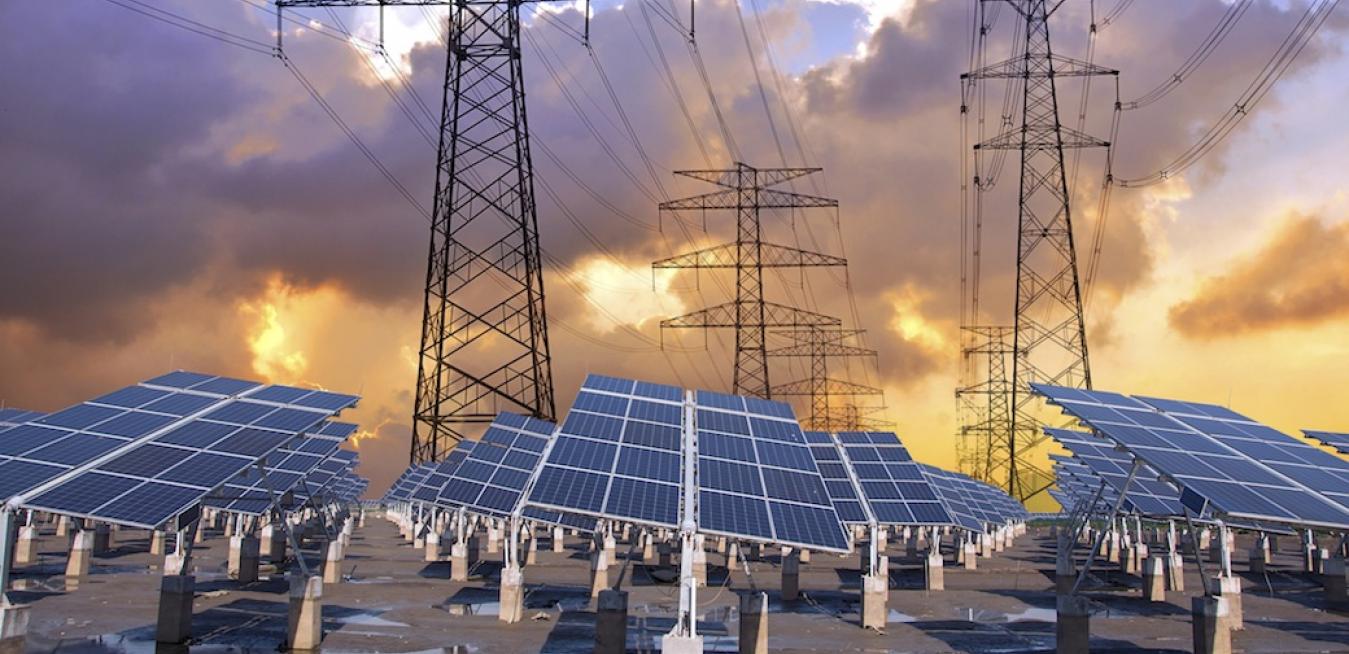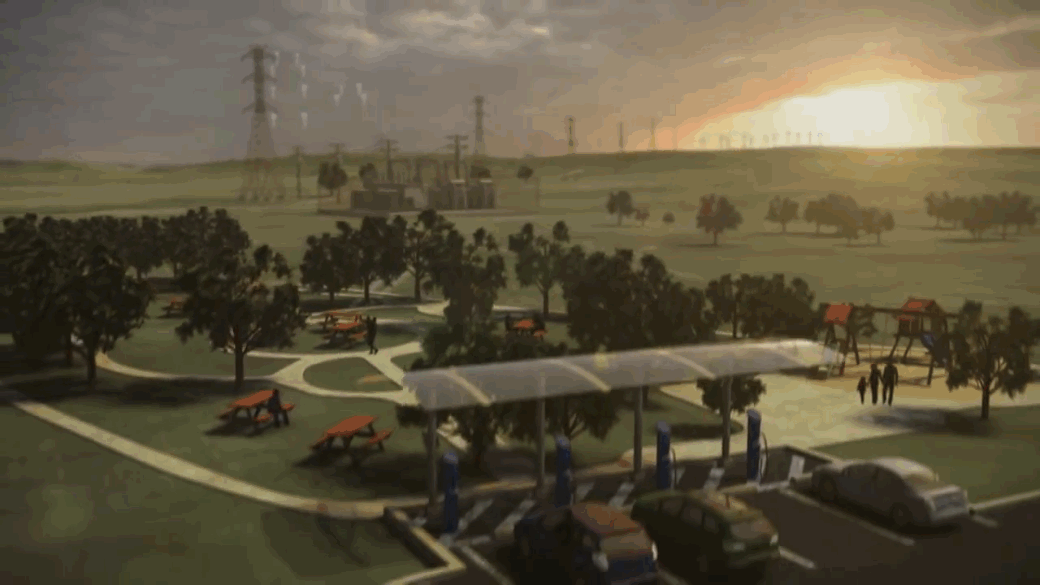Solar power is a great source of renewable energy, but as with many things in life, timing is everything. The sun doesn’t shine on long winter nights when people turn on their lights. On the other hand, a sunny Sunday afternoon can produce an ample electricity surplus that’s difficult to store.
“That’s the grand challenge,” says Stephen Sanborn, senior engineer and principal investigator at GE Global Research (GRC). “We need to make renewable energy available to the grid when it is needed.”

More and more companies are using waste products for power generation, thanks to the growth of distributed power.
Not only does electricity generation account for about 40 percent of energy-related CO2 emissions, but the power sector is also expected to play more of a role in reducing the share of fossil fuels in the global energy mix than any other, the International Energy Agency (IEA) explains in its latest World Energy Outlook.
While this approach makes sense — given that climate change is a global issue and market-based national or international solutions would be far less expensive solutions than command and control approaches — an ambitious, binding international treaty has yet to materialize. And here in the U.S., climate change legislation doesn’t look likely for the foreseeable future.










